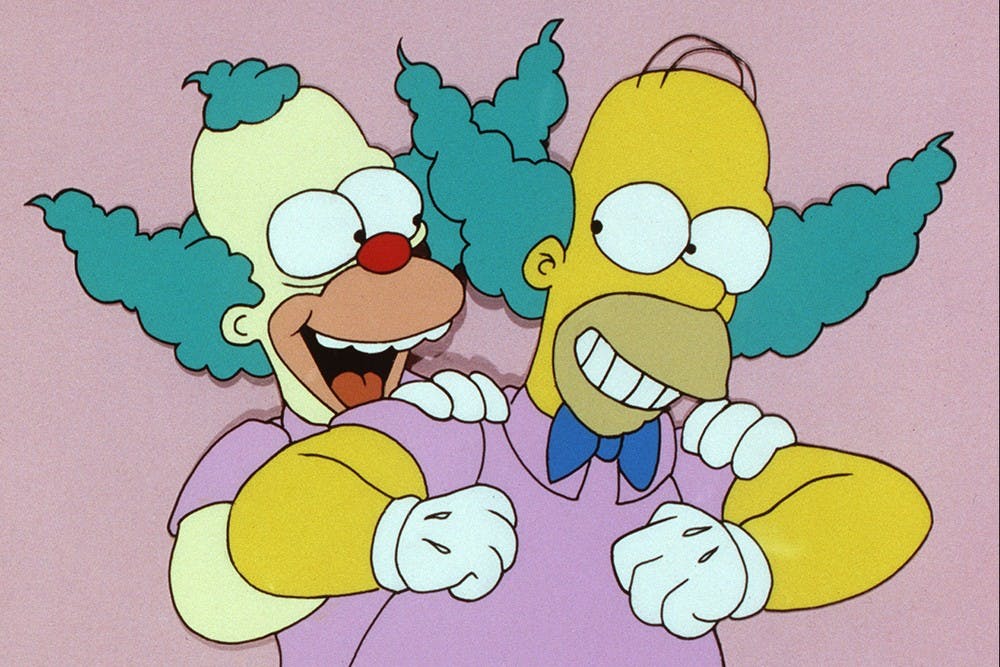It’s a really lame joke, but it's one that keeps getting repeated. “The NeverEnding Story” is a pretty well received film. But it is seemingly inevitable that one smart-aleck will make the joke, “If it’s called 'The NeverEnding Story' how come it ends?”.
Obviously, to almost any narrative work, there is an end. Many novels are simply one-offs and some of the most influential book series of all time have concise endings. Arguably, writing with the end in mind is better for the narrative as a whole because it gives the story a natural flow and building action.
TV, on the other hand, is quite a different beast. While some shows are dead on arrival, some are what is called “on the bubble”. Others are going to be renewed for reasons that are quite obvious to any company interested in pulling viewers. TV, unlike novels, does not have the benefit of having its narrative steered by a single person.
This leads to the conundrum, especially in non-episodic series where narrative sometimes takes a back seat to business and sometimes what would’ve been the series finale suddenly isn’t because of business reasons. In the case of “The Simpsons,” a series finale was created and aired as a Christmas special, but it was renewed after a long drama. Back then, it did seem that Season 23 would be the end of "The Simpsons," but the show lived on to die another day. The iconic animated comedy left us with an odd episode that, in all honesty, ends the series from a narrative standpoint, but does not end the show from an airdate standpoint.
This isn’t limited to TV either. “Dragonball Z” actually had seven endings planned before it’s “real” ending thanks to the manga’s ongoing success. Even that was made moot with sequel series and movies both canon and non-canon.
Most recently, Alex Hirsch came out on Twitter a few weeks back stating that his cult-favorite series “Gravity Falls” will be ending this season.
Hey guys. Gravity Falls has been an amazing journey, but the rumors are true- its reaching its finale https://t.co/y1trh76Hjw #GravityFinale
— Alex Hirsch (@_AlexHirsch) November 20, 2015
This announcement came out of nowhere, especially considering the season was nearly over and the series as a whole was doing very well critically. In fact, the show’s summer premiere set a new viewership record for it’s parent channel, Disney XD.
So why end something that is doing so well both commercially and critically?
The simple reason is that the story is over.
In regards to the show’s ending, Hirsch had this to say on his Tumblr.
“The first thing to know is that the show isn’t being cancelled- it’s being finished,” he wrote on the blog. “This is 100% my choice, and its something I decided on a very long time ago. I always designed Gravity Falls to be a finite series about one epic summer; a series with a beginning, middle, and end. There are so many shows that go on endlessly until they lose their original spark, or mysteries that are cancelled before they ever get a chance to pay off.”
And maybe this is for the best.
There is a term used in some circles, “franchise zombie,” and while it may not be the most widely used or accepted term, it effectively illustrates an issue with TV as a medium sometimes.
Mainly, some people are too afraid to let things end.
“The Simpsons” are a perfect example of this. Once a top runner, the show has proven to be a consistent money earner for Fox and its creator. However, with each renewal the show's overall viewership and critical acclaim sinks further and further. What was once a leader became a follower as other shows took its place in the public eye even long after those shows have sagged and rotted for the same reasons.
The constant struggle of continuation vs. conclusion is a nasty and psychological one. We get attached to characters and don’t want to see them go. But we also crave conclusions, a nice bow on our stories to wrap everything up.
You can’t have both, sadly.
There were attempts to make “The NeverEnding Story” live up to its name. It didn’t work out so well. And while the first movie is considered a classic, the other two have rightfully faded into obscurity.
Endings are sad yes. But in some ways, a good ending makes the journey worth it all the while. After all, we’ve seen these characters at the beginning, it is only right to see them ride off into the sunset at the very end. If only to say goodbye and remember what they meant to us.
To quote Hirsch one last time:
“Endings are scary and foreign. They split you up emotionally and put you in a place where you don’t know what’s going to happen next. But with every end of the world, there is a new world that follows.”
'Breaking Bad' finale a little too perfect
'Glee' gives a satisfying series finale
Reach the columnist at drsmit19@asu.edu or follow @Maxx_Lazerblast on Twitter.
Like The State Press on Facebook and follow @statepress on Twitter.
Editor’s note: The opinions presented in this column are the author’s and do not imply any endorsement from The State Press or its editors.
Want to join the conversation? Send an email to opiniondesk.statepress@gmail.com. Keep letters under 300 words and be sure to include your university affiliation. Anonymity will not be granted.




